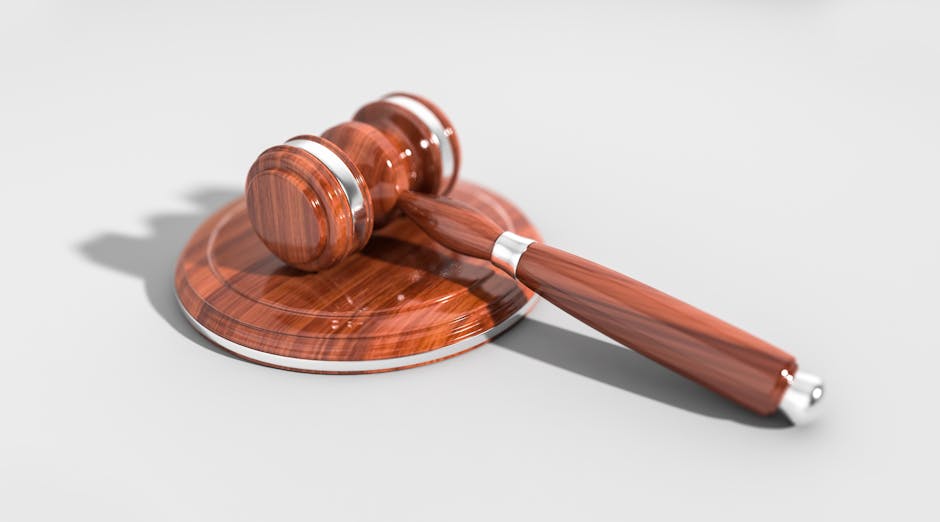Copyright and the Internet

This applies only to physical forms of expression. An example is, writing down an idea of say, a certain story. Once you have expressed it in a tangible form, you do not have to actually publish it to make the story yours since you were the one who thought of the story. However, if you wrote it for a company you are working with, it automatically belongs to the company and not the writer. This is known as unregistered copyright and the circle with a c designation represents this. The unregistered copyright holder could do anything with it – sell, reproduce, or perform. This gives the right to file a legal case for an injunction to forbid the use of the material.
To have a lawsuit for copyright infringement, the work has to be registered first with the Copyright Office. In the U.S., Copyright Office is a part of the Library of Congress. It keeps records of copyright registration in the country which also includes a Copyright Catalogue. The writer or creator should file an application fee and pay the prescribed amount. Once this is done, a designated circle r symbol says, the work is now registered and copyrighted. This means, the material is solely controlled by its writer or creator and this usually last for a lifetime. A registered copyright is still good for another 70 years after the death of its author or creator.
Just like any property, registered copyright may be assigned to another owner by doing a last will and testament. And thus, have the following rights:
- The right to copy, distribute, reproduce.
- The right to perform the particular work.
- The right to create works that are based on the original work.
- The right to display the work publicly.
The registered, copyrighted work is now in the government record. The work now protected under the Federal Copyright Act. Now the registered copyright holder may file a case for copyright infringement, seek for an injunction, lawyer’s fees and financial damages. An Intellectual Property lawyer can represent you in court. Now, there is an exception to the law. If the copyright was used for fair use which means, the material was used for teaching, researching, search engines, commentary, criticism, news reporting, or parody.
The question is, does copyright law apply to the Internet? Short answer: YES. The new laws regarding the internet has been established by legislation or the court. The copyright law is one of them. This means that the copyright law applies also to the internet. So, anyone who violates this law does not only violate federal law, but expose oneself to civil and criminal liabilities.


